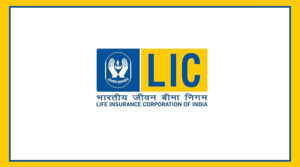For people who have a savings account, it’s essential to understand the rules about income tax related to banking and money matters.
This includes the limits set by the government. Here’s what you should know:
Cash Deposit Limits in Savings Accounts:
The cash deposit limit in a savings account is the maximum amount of money you can put in your account before you have to pay taxes. This limit is there for various reasons, such as preventing illegal activities like money laundering and making sure cash transactions are controlled.
Daily and Yearly Cash Deposit Limits:
Right now, you can deposit up to Rs 1 lakh every day into your savings account. Sometimes, this limit can be higher, up to Rs 2.5 lakh, depending on certain situations.
When you look at the whole year, you can deposit up to Rs 10 lakh without having to pay any extra taxes.
But remember, as long as your cash deposits stay below Rs 10 lakh in a year, you don’t have to worry about paying extra taxes to the Income Tax Department.
Tips from CBDT Guidelines:
The Central Board of Direct Taxes (CBDT) says that any bank has to report to the government if someone deposits more than Rs 10 lakh in a year.
It’s important to understand that you don’t pay taxes directly on the money you have in your savings account.
Instead, you pay taxes on the interest you earn from that money.
Banks give you interest as a reward for keeping your money with them,
and this interest is what gets taxed because it adds to your overall income when you file your income tax return.






















